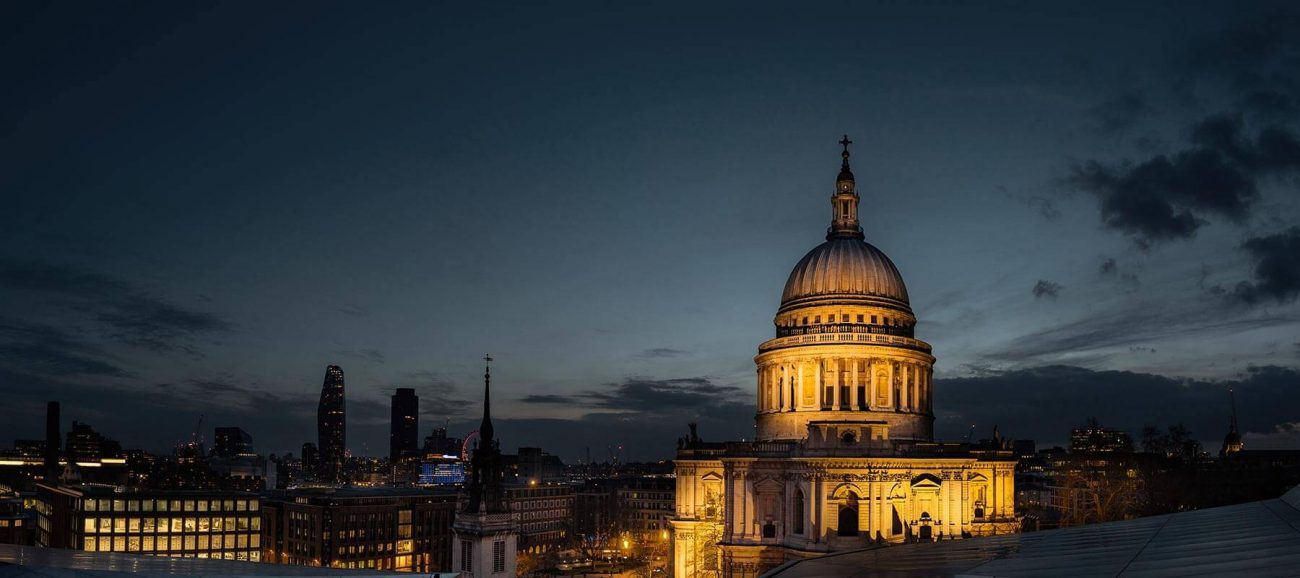What happens if I declare bankruptcy?
Declaring bankruptcy is often considered to be a last resort, as the experience can feel incredibly daunting and anxiety inducing. Those going through bankruptcy may be left feeling deeply concerned about the future, as well as confused about the processes involved.
Regardless, sometimes it is the best option and completely necessary. Those approaching the process will be pleased to hear that it does not affect you and your credit rating forever, and can in fact be an effective means of clearing your debts and giving yourself a brand new start.
Before you consider applying for bankruptcy, it is vital that you consult an experienced and reputable insolvency solicitor, to see if there are any alternative options available to you.
Our insolvency solicitors have an excellent reputation for providing our clients with tailored advice specific to their financial situation. We work diligently to find the best possible solutions for you while supporting you through the entire process.
If you’d like to speak to a member of our professional and dedicated team, you can contact us by calling 0207 353 1000 or emailing us at london@isadoregoldman.com, norwich@isadoregoldman.com or portsmouth@isadoregoldman.com.
In this blog, we will explore what would happen should you declare bankruptcy, as well as the alternative options that may be available to you. It should be noted that this blog is meant for educational purposes only and should not be taken as legal advice. Should you require legal advice, please contact one of our solicitors using the above contact information.
The initial bankruptcy process
The bankruptcy application process is now exclusively online.
Many people are unaware of this, but there is a fee to pay when you apply for bankruptcy. The fee is broken into two parts - an adjudicator fee of £130 and a deposit of £550, both of which can be paid in instalments if required.
After this, the adjudicator’s office will decide whether or not to grant you a bankruptcy order. During this period, your finances will be heavily scrutinised, and the bankruptcy adjudicator may require further information from you. It is crucial that you comply with everything asked of you as this will have a significant effect on how smoothly the process runs.
After your bankruptcy has gone through
Once your bankruptcy application is approved and the bankruptcy order made, any entities you are in debt to will no longer be able to contact or harass you for payments. Instead they will be handled by the Official Receiver.
As a result of bankruptcy, you may, unfortunately, lose your home. This is because the property may have to be sold to release any equity.
In certain circumstances it may be possible to prevent this from happening. For example, if someone else is able to purchase your share in your property on your behalf. It’s important to understand that you are not allowed to dispose of your share in the home to prevent it from being sold. Doing so is a punishable offence. Again, this situation varies case by case, so it is important to consult with a solicitor who specialises in bankruptcy during this process.
Declaring bankruptcy theoretically should not affect your rented home, so you may be able to continue to live in the same rental property if you are able to afford the rent payments. However, it is important that you review your rental contract to make sure that there is no clause stating that you may not stay in the property if you have declared bankruptcy.
Your overall income will also be taken into account during this process. Depending on how much you earn, the trustee in bankruptcy might deem it reasonable for you to make some form of payment to the bankruptcy estate from monthly income. In this case, you may be asked to sign an income payments agreement (IPA).
An income payments agreement is a formal agreement between you and the trustee in bankruptcy. In standard practice, it is required that you make monthly repayments over three years. This will normally only happen if you have an excess disposable income once all of your essential expenses have come out. Expenses can include rent/mortgage payments, utility bills, TV licenses, food, insurance, breakdown cover, child maintenance, prescriptions as well as broadband and telephone.
What are the alternatives to bankruptcy?
If you are facing bankruptcy, it’s important to be aware that there may be other options available. For instance, you could be eligible for an Individual Voluntary Arrangement, or a Debt Relief Order.
An Individual Voluntary Arrangement is an arrangement existing between the debtor and their creditors. The arrangement is overseen by a third-party, usually an Insolvency Practitioner. The arrangement can support those in debt to repay all or some of what they owe over time.
A Debt Relief Order is another alternative to bankruptcy, but not all will meet the criteria. This option can assist individuals to manage debt which they are struggling to handle, as well as preventing creditors from taking enforcement action.
Our experts at Isadore Goldman can help clients to explore the above options where they are eligible, or other alternatives to bankruptcy where appropriate. At the same time, where bankruptcy is the best option for you, we can guide you through the process.
Contact our insolvency solicitors in London, Portsmouth and Norwich
Our experienced insolvency and bankruptcy solicitors work from offices in London, Portsmouth and Norwich and provide top-tier support and advice to our clients when it comes to matters related to insolvency and bankruptcy. We will ensure that you are fully informed about all of your options beforehand, so you are able to make these important decisions with the knowledge and clarity required.
Speak to a member of our experienced and professional staff today by calling your nearest office using the information above or using the contact form at the bottom of the page. Alternatively, you can also reach us by emailing london@isadoregoldman.com, norwich@isadoregoldman.com or portsmouth@isadoregoldman.com.

